
Endoscopy is the gold standard in diagnosing colorectal cancer - Photo: BVCC
According to Dr. Tung, hereditary cancer is directly related to inherited gene mutations and accounts for 5-15% of cancers. These mutations often affect genes that control cell division and DNA repair, leading to uncontrolled cell growth and tumor formation.
At the conference on genetic cancer recently held in Hanoi , Dr. Pham Cam Phuong - Director of the Center for Nuclear Medicine and Oncology Treatment, Bach Mai Hospital - said that research has proven that cancers related to genetics include breast, ovarian, pancreatic, prostate cancer...
According to Dr. Phuong, people with BRCA1 and BRCA2 gene mutations can pass these genes on to many generations, such as from father to child, mother to child. People with mutated genes can get cancer earlier than people without the gene, such as breast cancer usually occurs in people over 60 years old, but people with BRCA1 and BRCA2 gene mutations can get the disease at the age of 30-40.
With cancers such as colorectal cancer, thyroid cancer, and some other cancers, Dr. Phuong said there are also genetic factors, or lung cancer, previously thought a lot about environmental factors such as smoking, dust, asbestos dust, but now genetic factors have also been studied.
"Research around the world shows that people with a family history of cancer or lung cancer have a higher rate of lung cancer than people from families without this history. At our hospital, genetic counseling has been implemented in recent years and we have advised patients to change their lifestyle and screen early, thereby detecting and treating patients early," said Dr. Phuong.
Regarding early screening using genetic testing to identify genetic genes related to cancer, Dr. Phuong said that detecting gene mutations can determine cancer risk, thereby changing lifestyle to prevent it. As for detecting cancer through genetic testing, Dr. Phuong said there are no clear guidelines yet.
At the conference, experts shared that not only Vietnam but many countries are also interested in preventing genetic cancer. However, human resources and existing measures are still limited.
Malaysia’s representative said the country faces challenges in human resources for genetic counseling, with only 13 geneticists and 9 counselors in a population of 32 million, 5,000 cases of breast cancer and 1,000 cases of ovarian cancer. The country is currently considering setting up genetic counseling units in all oncology departments, as well as remote counseling and clinical integration.
In Vietnam, Mr. Tung said that new diagnostic and treatment methods such as gene sequencing, gene-level disease diagnosis, targeted drugs, and immunotherapy have prolonged life expectancy and improved quality of life for patients.
Mr. Tung said the goal of doctors is to add more new equipment to detect cancers related to genetics and molecular biology in diagnosis and treatment. In the future, it will be possible to perform techniques such as editing mutated gene segments to limit cancers related to genetics.
Source: https://tuoitre.vn/nhung-loai-ung-thu-nao-co-the-di-truyen-trong-gia-dinh-20250615091125601.htm






![[Photo] Prime Minister Pham Minh Chinh chairs the first meeting of the Central Steering Committee on housing policy and real estate market](https://vphoto.vietnam.vn/thumb/1200x675/vietnam/resource/IMAGE/2025/9/22/c0f42b88c6284975b4bcfcf5b17656e7)

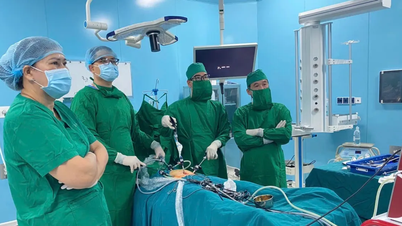

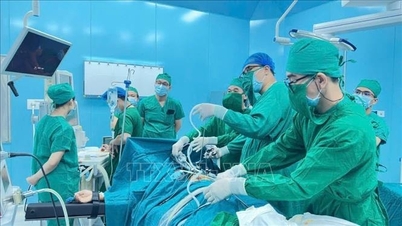

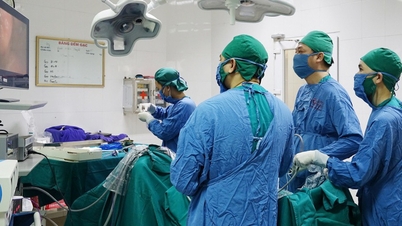
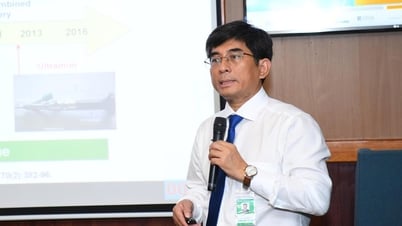

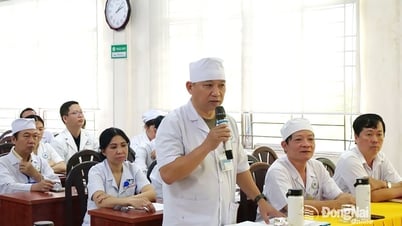







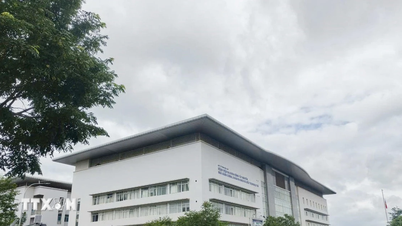









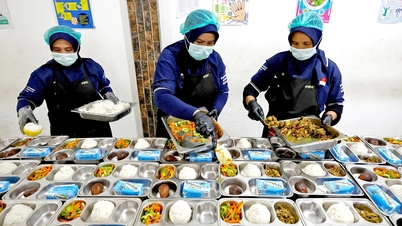

![[Photo] General Secretary To Lam presents the First Class Labor Medal to the Vietnam National Energy and Industry Group](https://vphoto.vietnam.vn/thumb/1200x675/vietnam/resource/IMAGE/2025/9/21/0ad2d50e1c274a55a3736500c5f262e5)
















































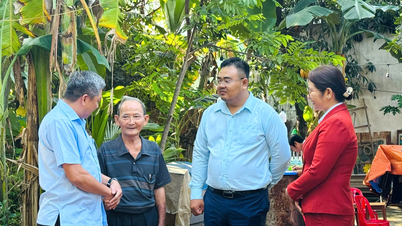














Comment (0)